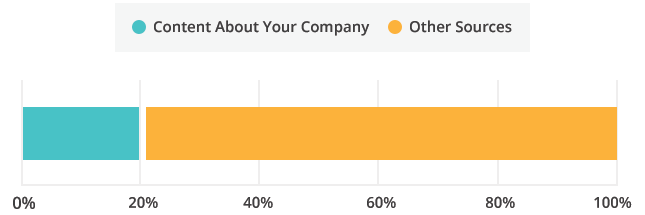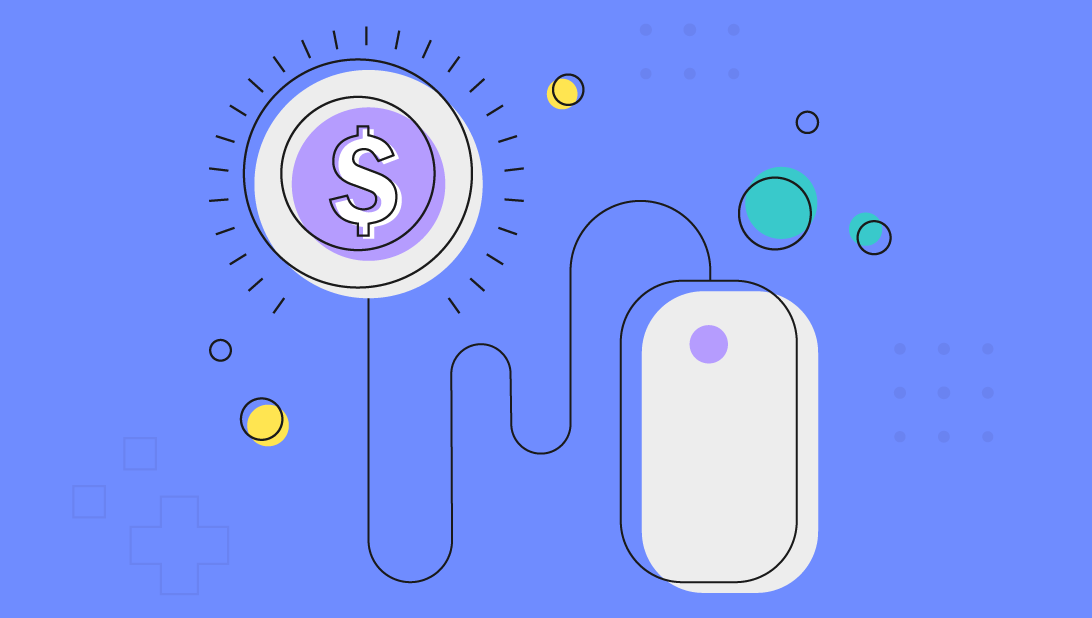



Let’s take a quick trip down memory lane to 2004. You or may not remember that when Facebook was first created, its membership was limited to Harvard students. However, it wasn’t long before the network expanded to other schools and not long after that, almost anyone could join.
Back to 2018 – SO much has changed – your mom, grandma, and second cousin, twice removed are all on your friend list. Beyond this, businesses have been utilizing Facebook for many years now – some with success, others not so much. In fact, many people and businesses would say that Facebook is old news and they “don’t really use it anymore”. So, the question remains, is Facebook still relevant?
Before you jump on creating a Facebook marketing strategy for your company, it’s essential to first consider whether or not your audience is even on the network.
Once you’ve determined that, you’ll know if it’s worthwhile to invest time, resources, and potentially money. If you’re already at this point, use this post as a resource to learn about the role Facebook plays for businesses as well as how it fits into an overall strategy and best practices for utilizing this network for engagement, brand awareness, and lead generation.
First, let’s take a quick look at how Facebook has changed and how this affects how companies are able to use it.
Recently, Facebook’s founder, Mark Zuckerberg, announced they would be shifting the news feed to focus on showing users content that will allow for meaningful social interactions, which ultimately means that it will be even more difficult for a company page’s content to appear.
While it’s not impossible, it’s even less likely that followers of your page will see organic updates from your business.
However, businesses are not left helpless. Wordstream recommends the following best practices so your content will still be seen.
We’ll explore ads a bit later in this post.
As a part of the big picture of digital marketing strategy, developing a strategy for Facebook requires that you examine your buyer personas. By knowing who your audience is, you can determine the types of content that will bring the most interest and engagement. In addition, you should also consider and evaluate, when your audience is on Facebook – are they spending time scrolling during lunch or are they spending more time online in the evening?
It’s also crucial to remember that the content you share should only be about 20% about your company and 80% content from other sources. While it’s important to create and share your own content, no one wants to engage with someone who only talks about themselves. This will also allow you to engage with others in your industry that you might not have been able to if you only share your company’s content.

There are a few key areas businesses can focus on with Facebook – engagement, brand awareness, and lead generation. Whether you choose one, two, or all three, just make sure that you build these into your strategy.
For engagement, this might be a good option for your business page if you already have a decent following, but might be lacking comments, likes, and shares.
How can you improve engagement?
Consider the types of content your audience might like to engage with or if you’re not sure, you can even create a poll to see what they might like, i.e. video, industry information, photos, events, etc. From there, you can start to strategize.
If you’re thinking about a campaign for brand awareness, you might be a newer company or perhaps have never worked on brand awareness, especially on Facebook, and now want to focus on this area. If you’re also trying to increase your page’s following, this might be a good opportunity to use Facebook Ads as well.
Finally, for lead generation, there are several areas to consider on Facebook. For one, you should ensure your page is optimized toward your audience. For example, you can update your call-to-action button with the most relevant offer. Some examples include, Book Now, Send Us a Message, Watch Video, or Shop Now. As soon as someone arrives to your page, they’ll have an open invitation to reach out.
Aside from a clear call-to-action and optimizing your page and posts to encourage followers to visit your site, this is again a good opportunity to utilize Facebook Ads. We’ll talk more about that below.
Keeping your buyer personas in mind, make sure that you choose the best types of content for your strategy. It’s no secret that video content is only increasing in popularity, but did you know that only 15% of videos are watched with sound? Knowing this, it’s crucial that any video content you produce is easy to digest without sound whether it’s visual or includes closed captioning.
Other types of content to consider including in your strategy:
Another question many companies might have in mind is – does it make sense to schedule content? The answer is 100%...YES. This doesn’t mean you’ll never post something the same day, but a crucial part of your strategy is planning content ahead of time so you’ll consistently share with your audience and ensure a week doesn’t go by without posting something of value.
Other tips to keep in mind for content:
If your business focuses on local customers (if not feel free to skip ahead), there are a few things to consider as you create a strategy for reaching your audience. HubSpot shares key tips for success for local marketing on Facebook:
By using some of these tactics, you can drive foot traffic, build brand awareness, and increase revenue potential.
For businesses and/or marketers who have never used Facebook Ads before, it’s both easier and more difficult than you would think.
It’s simple because almost anyone can set up an ad and set it loose, but challenging because as easy as it is to make your ad live, you will not see results if you don’t have a strategy in place.
As we mentioned earlier, businesses can no longer ignore the fact that it’s becoming more difficult to reach your audience with organic content from pages.
With recent algorithm changes that focus on delivering the content that Facebook thinks users most likely want to see, it’s more challenging than ever. Ultimately this means that for Facebook to be effective, most companies will need to consider utilizing ads.
Facebook provides numerous options when setting up your ad campaign – from increasing page likes, to lead generation, to brand awareness, there are endless options here, so make sure you start brainstorming how you want to use ads and the results you want to see.
Next, determine a budget for your ads. It’s best to start small and as you see results and the strategy that works best for your ads, you can scale to a larger budget.
Just as important as the strategy you create, it’s crucial to track your results and make changes as needed.
For example, take note of the types of posts that are successfully gaining not only likes, but also comments and shares. Review the days and times that more posts are being seen and/or have the most interactions.
With these insights, you can tweak your Facebook marketing strategy as you go and make improvements as necessary.
Hopefully you found some helpful insights in this article – whether you’re ready to take the next step on your own or if you think you need a little help along the way, Spot On is here to chat if you have any questions.


Rebecca Graves co-founded Spot On in 2012. As a partner and leader of client services, she takes immense pride in being in charge of “client happiness.” The role allows her to wield her problem-solving skills while fostering big-picture perspectives and team building. Rebecca’s more than 35 years of experience have equipped her to translate strategic planning expertise for the advancement of tech companies transforming the healthcare, financial, and legal industries.
Get the latest and greatest posts sent straight to your inbox.


